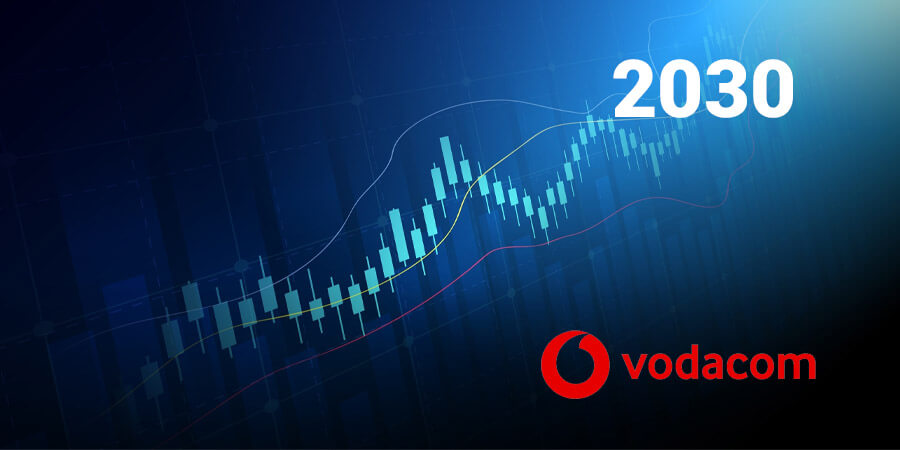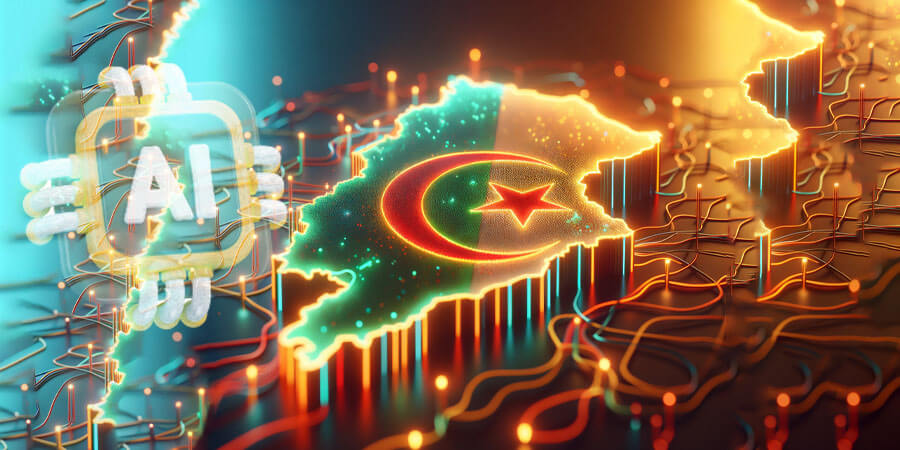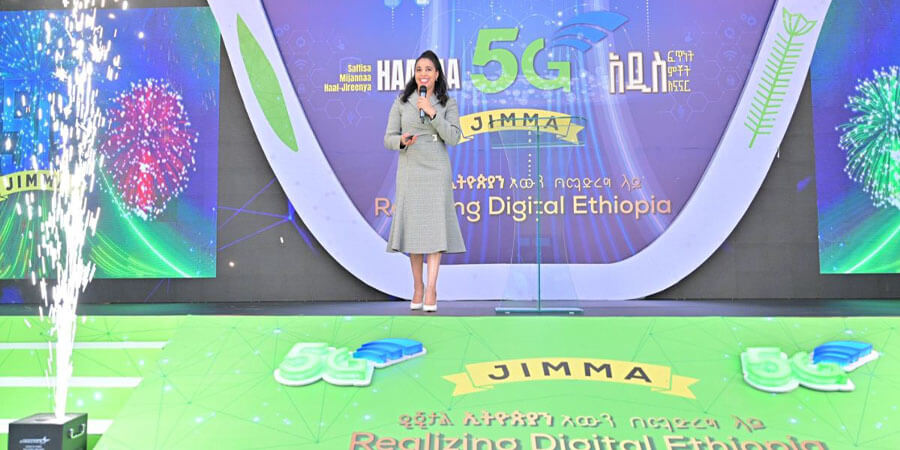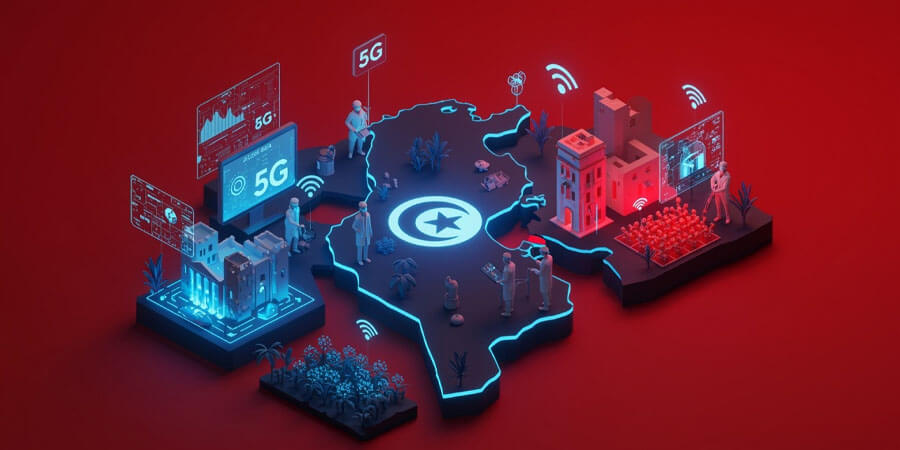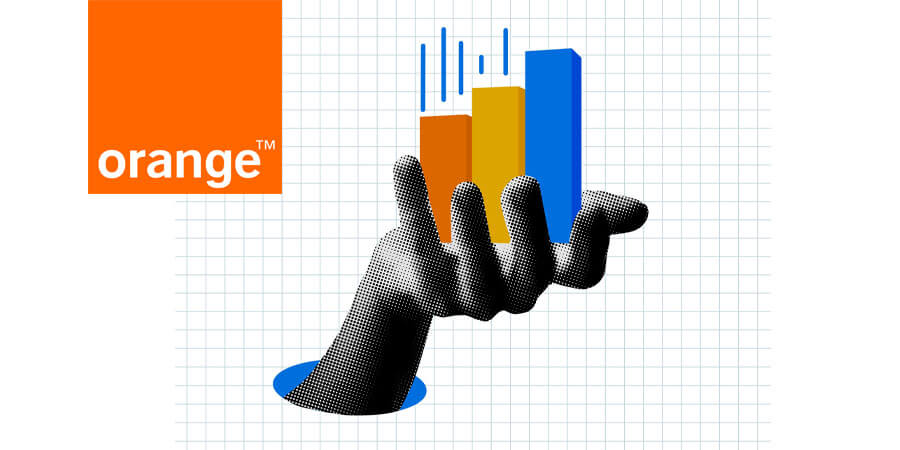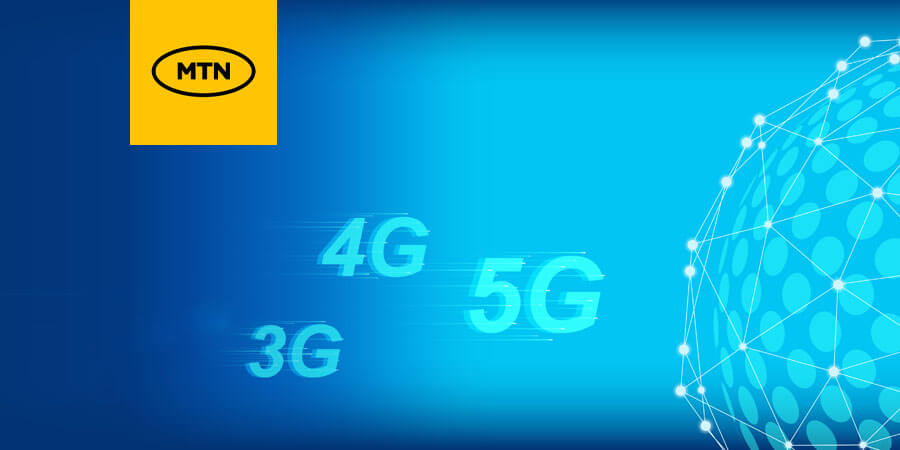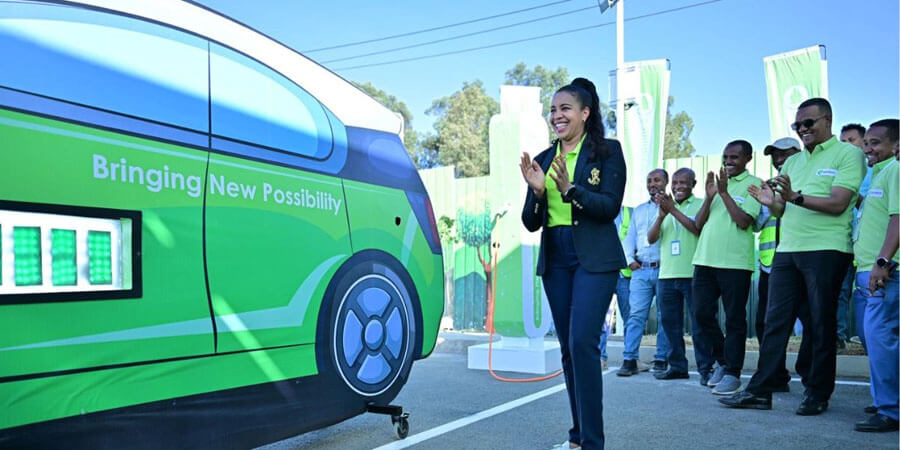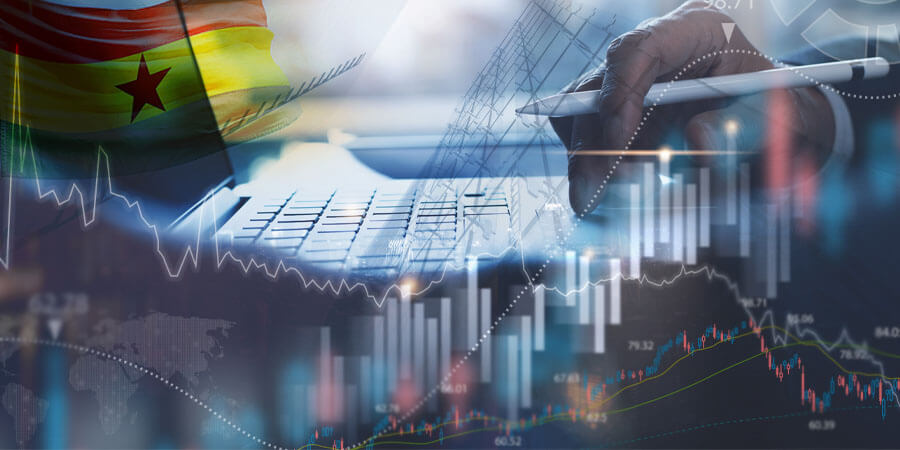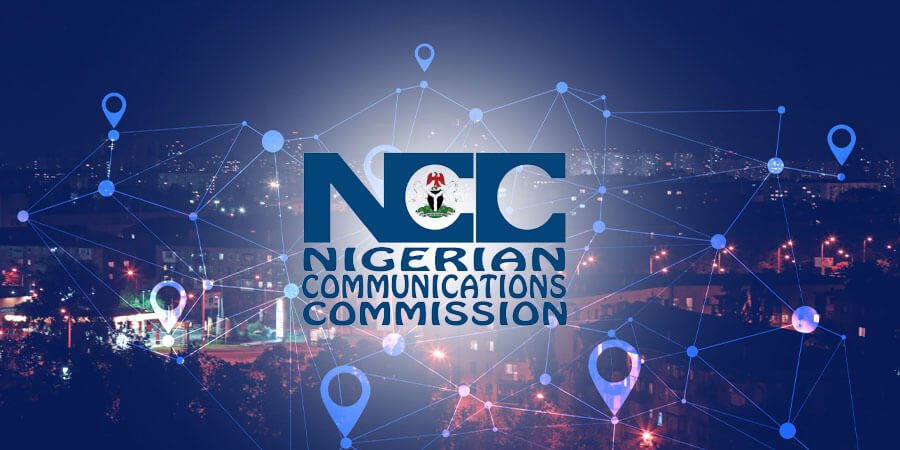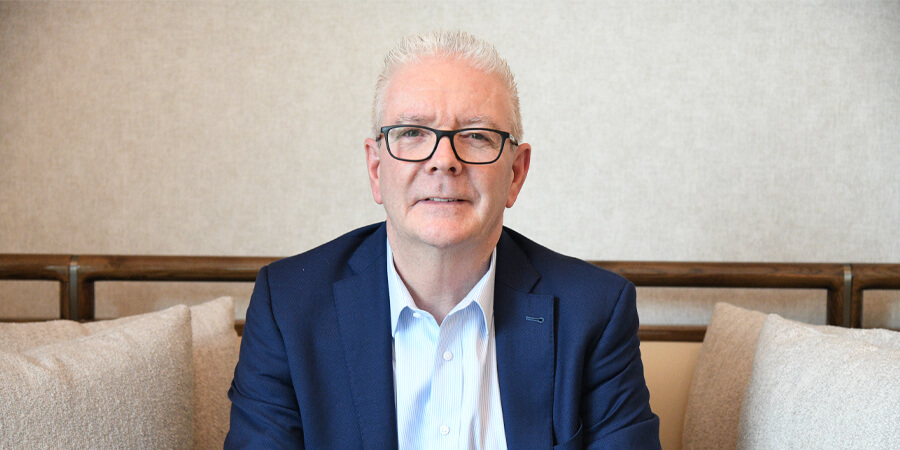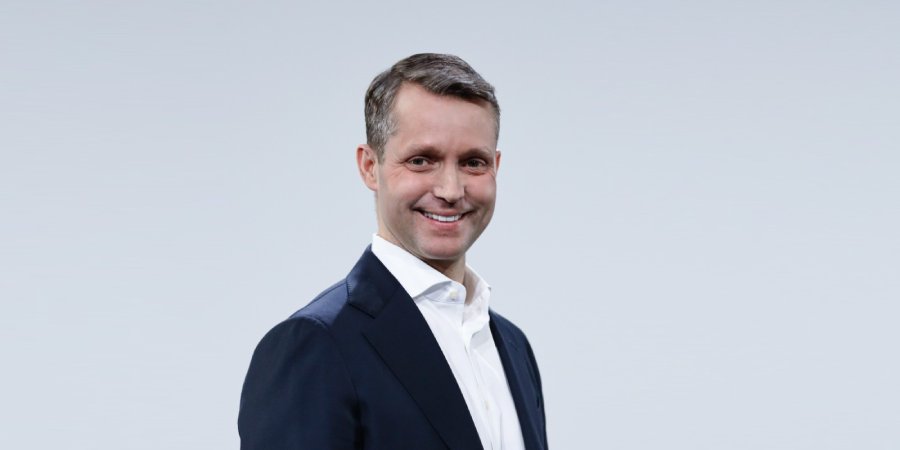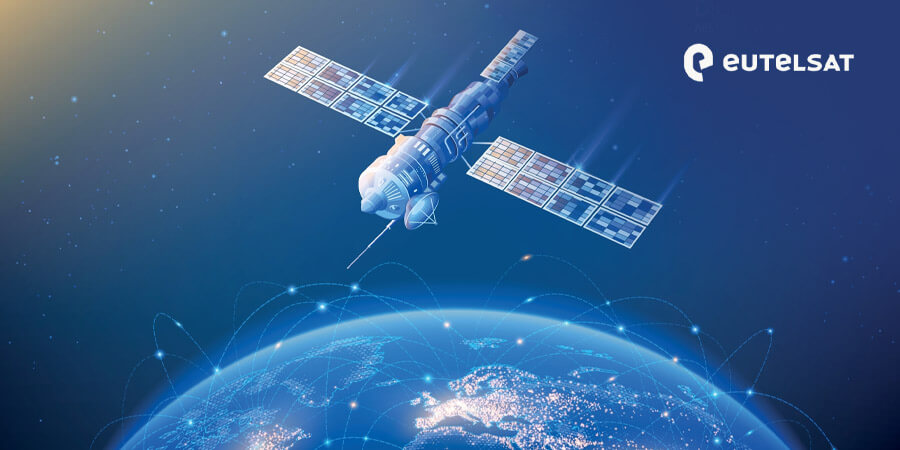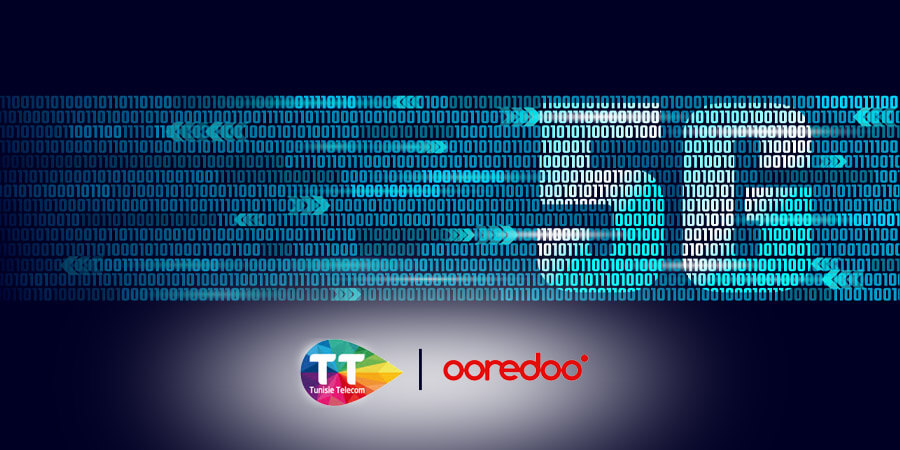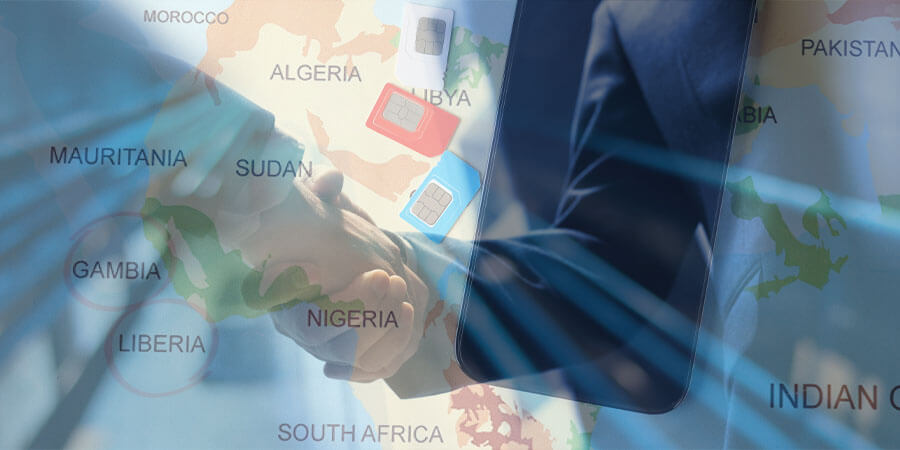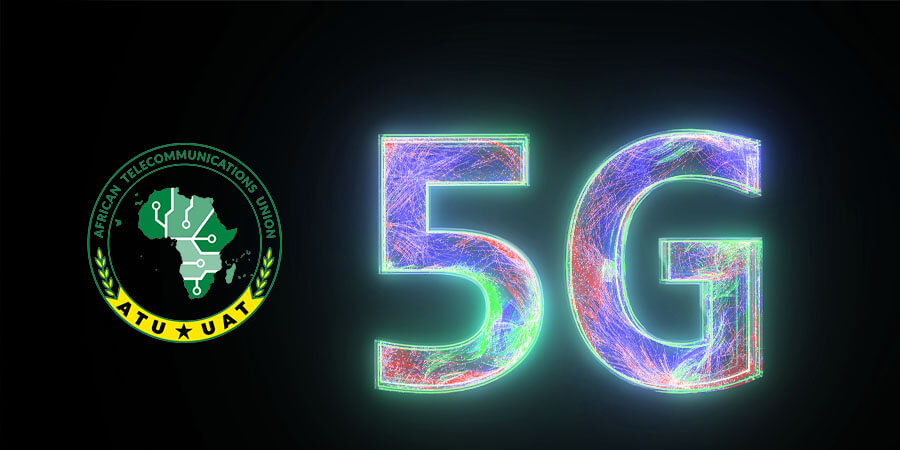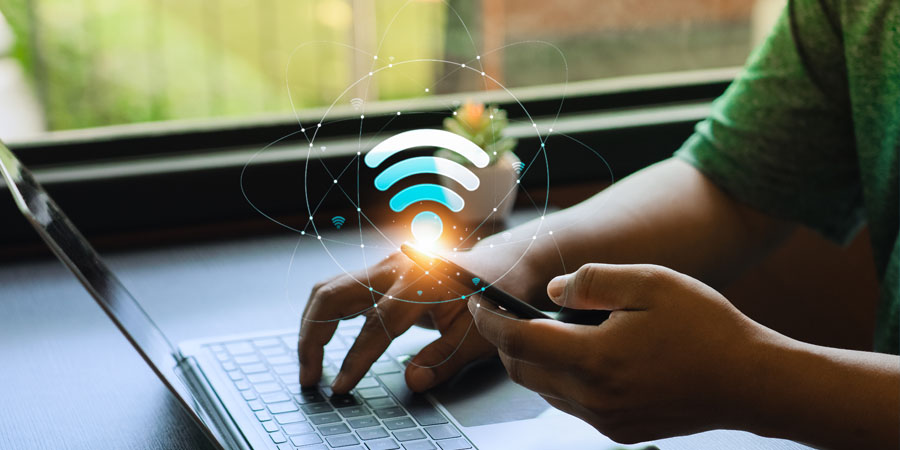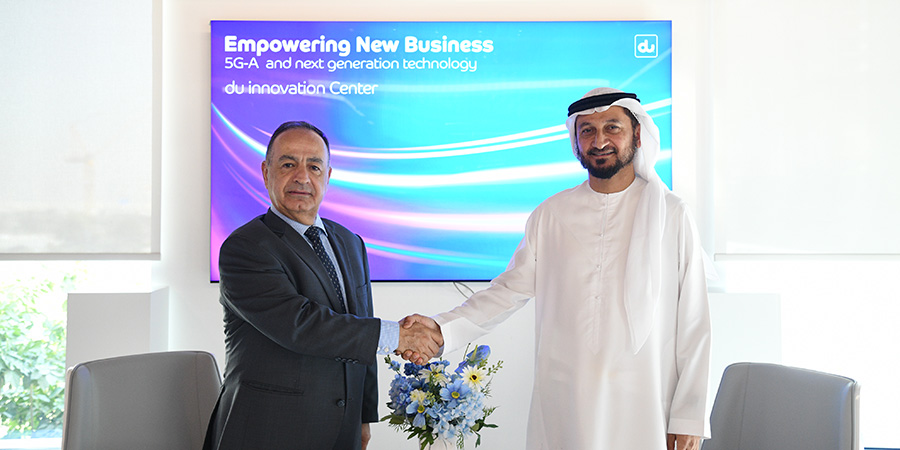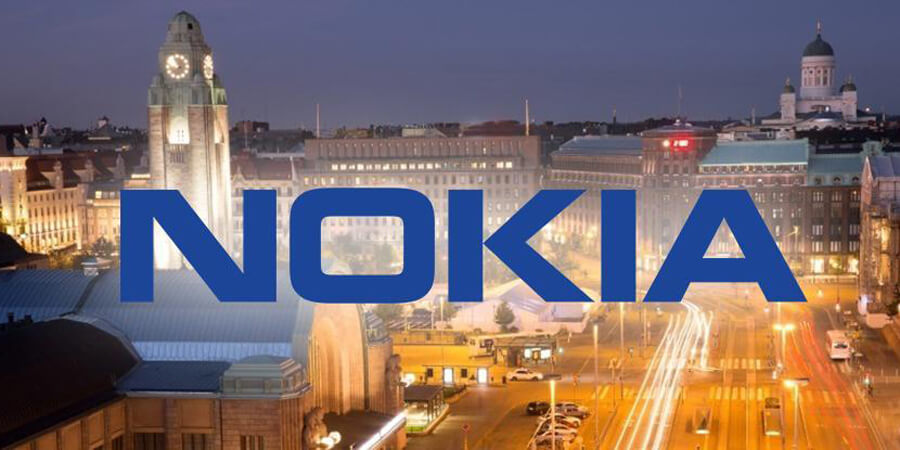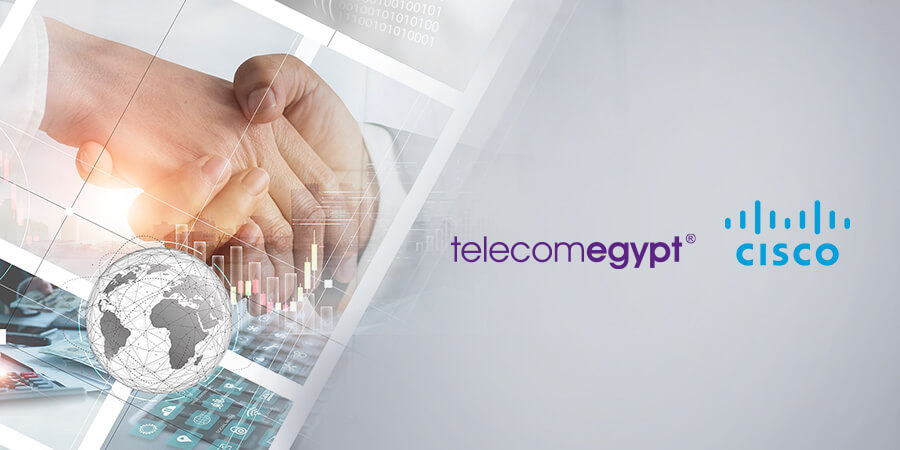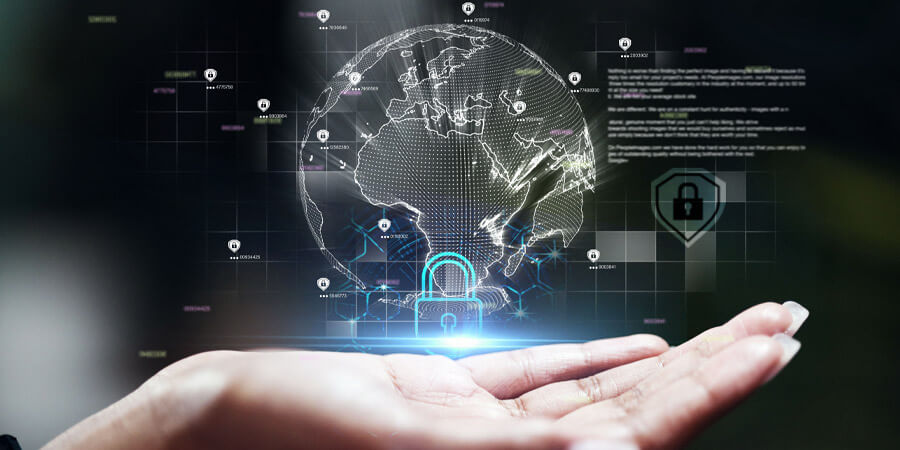Finnish telecommunications colossus Nokia has announced the launch of a number of innovative services aimed at solving the challenges of urbanization which major cities all over the world currently face. The telecommunications vendor has introduced Internet of Things for Smart Cities and Sensing as a Service which showcase the benefits of IoT in building both economically and environmentally sustainable cities.
IoT for smart cities is a fully-integrated, modular and scalable framework, which enables operators and master systems integrators to take advantage of unified smart city management while unlocking new revenue streams by rapidly launching new services. Powered by cross-application data sharing, analytics and automation, Nokia's Integrated Operations Center (IOC) orchestrates all smart city operations for enhanced efficiency, faster responsiveness and improved decision making. Blueprint applications include video surveillance, smart lighting, parking, waste management, and environmental sensing.
Sensing as a Service provides real-time environmental data and intelligent analytics that operators can monetize by offering CAPEX-free data services to enterprises, cities, public safety authorities and governments. Operators can utilize existing base station sites, with Nokia deploying sensors and integrating all available site equipment into an IoT real-time monitoring platform. Sensing as a Service enables possibilities to detect unusual environmental behavior like illegal construction, trash burning or unusual particles in the air. Sensing as a Service is powered by a blockchain enabling smart contracts: anonymized, private and secure micro-transactions that allow operators to monetize analyzed data and generate new revenue streams.
S-MVNO (Secure Mobile Virtual Network Operator) for Public Safety enables operators to leverage their commercial LTE networks to offer mission-critical broadband services to public safety agencies, and thus generate new revenue streams. The 3GPP-compliant service, which is part of Nokia's ViTrust portfolio, helps commercial LTE networks fulfil stringent requirements on availability, resilience, performance, and security while ensuring interoperability with existing legacy public safety networks. Nokia's end-to-end service expertise helps to assure mission critical communications performance for high priority first responders across the entire LTE network, including radio, backhaul and core, for extreme reliability.
Head of Global Services business development at Nokia reiterated the importance of cities embracing technology in order to accelerate its digital transformation plan, "Cities need to become digital in order to efficiently deliver services to their habitants. Smart infrastructure, which is shared, secure, and scalable, is needed to ensure urban assets and data are efficiently used. We can help cities with that. In addition, we can help operators generate new revenue utilizing their existing network by providing solutions for smart city players, such as city, transport, travel and public safety authorities."





